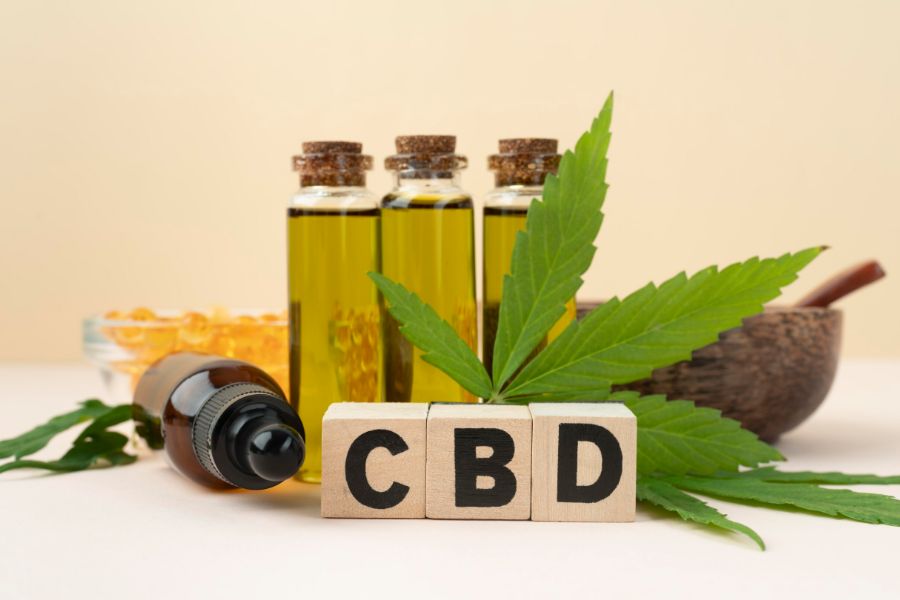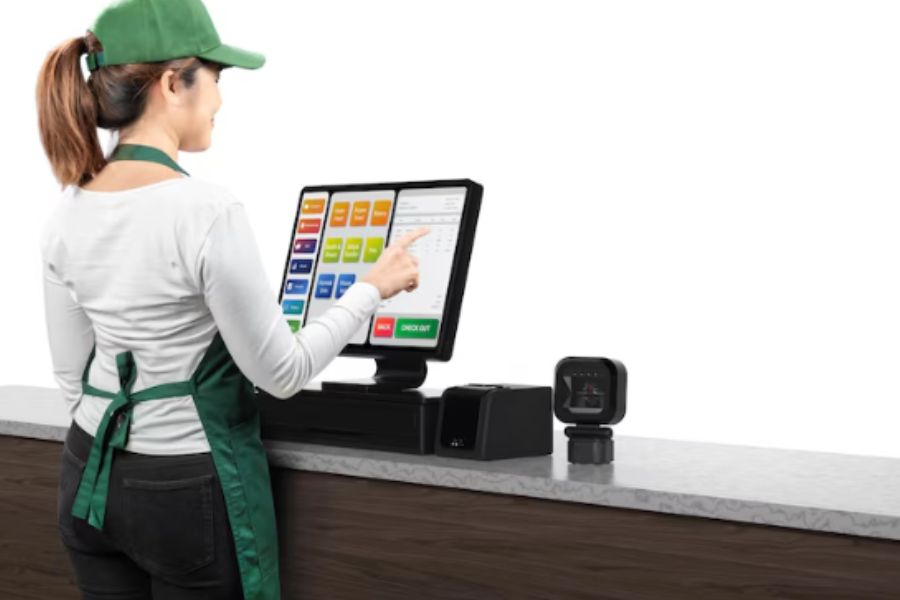Thailand is leading the way in Asia with a historic shift in cannabis legalization, becoming the first country in the region to decriminalize marijuana for personal and medical use. Since the approval of medical cannabis in 2018, the country has progressively expanded its policies—culminating in laws that now allow individuals to grow, possess, and consume marijuana within legal limits.
As the CBD and cannabis industry gains momentum, both entrepreneurs and consumers must understand the evolving CBD laws in Thailand. This article provides a comprehensive overview of the current legal landscape, its implications for business owners, and the new opportunities and responsibilities it brings for everyday users.
New Regulations For CBD In Food
The Ministry of Public Health has issued three key directives to regulate the use of cannabidiol (CBD) in food items, underscoring a commitment to consumer safety. These regulations are designed to ensure clear usage guidelines for CBD in the food industry.
A first notable regulation is the mandatory clear labeling of food products containing cannabis, hemp, or both. This measure ensures transparency and allows consumers to make informed choices. Products failing to meet these labeling standards are required to comply within a two-year transition period.
For direct consumer sales, including condiments, the permissible levels are capped at 0.0028% for CBD and a maximum of THC (delta-9-tetrahydrocannabinol), the principal psychoactive constituent.
Other food products face restrictions of 1.6 grams for THC and 1.41 grams for CBD per item. Additionally, labels must caution against the overconsumption of cannabis or hemp and provide other vital information.
The second regulation expands the legal concentration of CBD allowed in hemp seed oil.
The third directive authorizes the use of CBD alongside other food ingredients deemed safe for human consumption.
The second announcement increases the maximum amount of CBD discovered in hemp seed oil. In accordance with the third statement, CBD may be used with other food ingredients that are safe for human consumption.
The new law on CBD POS in Thailand aims to streamline the complexities surrounding cannabis and hemp, providing much-needed clarity for the culinary sector. These guidelines are expected to foster a secure and thriving environment for incorporating CBD into food products.
►►► Optimal solution set for businesses: Multi store POS, Next-gen POS, Inventory Management Software (MSI), Self Service, Automation, Backorders

Retailer Guidelines Under New CBD Law in Thailand
As of March 2025, Thailand’s cannabis regulations have evolved significantly, impacting retailers involved in the sale of cannabidiol (CBD) products. To ensure compliance, retailers should adhere to the following guidelines:
Registration process
Since June 9, 2022, individuals looking to cultivate marijuana in Thailand are not required to obtain a permit. However, they must register through the “Plook Ganja” app, managed by the Food and Drug Administration.
Importing Cannabis and Hemp
Retailers are allowed to import cannabis, hemp, and related plant parts, adhering to the stipulations of the 1964 Plant Quarantine Act and the 1975 Plants Act, which mandate securing import authorization.
Particular plant components classified as Category 5 Narcotics under Thai law also require explicit authorization before importation.
Permitted use of Cannabis
The use of cannabis in Thailand is legally restricted to medical purposes. Recreational smoking of cannabis is strictly prohibited, and individuals are only allowed to possess authorized cannabis products.
Consequences for unauthorized use
According to the Public Health Act, anyone found smoking cannabis or hemp in a manner that causes smoke or odor to be a nuisance, and without a legitimate reason, may face legal consequences. This can include a penalty of up to one month in jail or a fine of up to THB 2,000.
Consumer Guidelines: Do & Don’t Under New CBD Law in Thailand
Permissible activities
- Home cultivation: Individuals are allowed to grow cannabis at home after registering on the Food and Drug Administration (FDA)’s official website.
- Commercial use: Growing cannabis for commercial purposes and creating cannabis-derived products is legal, but products must be registered with the FDA.
- Recreational use at home: Recreational use of cannabis is permitted within the privacy of one’s home, provided it does not cause disturbance or discomfort to neighbors, such as from the odor.
- Medical use: Patients are permitted to possess a 30-day supply of cannabis for medical usage.
Restrictions
- THC limitation: Products containing cannabis must not exceed a THC concentration of 0.2 percent.
- Public usage: Consumption and smoking of cannabis in public spaces, including malls, schools, or at large gatherings where the scent could be bothersome, are strictly prohibited.
- Age and health restrictions: The sale of cannabis is forbidden to individuals under 20, expectant or nursing mothers, and others as specified by the new law on CBD in Thailand.
- Cross-border transportation: Transporting cannabis into or out of Thailand is illegal under any circumstances.
By adhering to these guidelines, consumers can navigate the new law on CBD in Thailand responsibly, understanding their rights and limitations within the current legal framework.
Wrap Up
As Thailand advances its CBD legalization, it’s essential for retailers to stay fully compliant with the country’s evolving laws—particularly those concerning age restrictions, health guidelines, and product tracking. To navigate this complex regulatory landscape, investing in a sophisticated point-of-sale (POS) system is no longer optional. A modern POS solution can help verify customer eligibility, manage inventory in accordance with legal limits, and generate accurate reports for audits—ensuring your CBD business remains compliant while building consumer trust.
Contact us to learn more about how ConnectPOS solution can help you effectively manage your sales while fully complying with the new regulations.
►►► Optimal solution set for businesses: Shopify POS, Magento POS, BigCommerce POS, WooCommerce POS, NetSuite POS, E-Commerce POS




